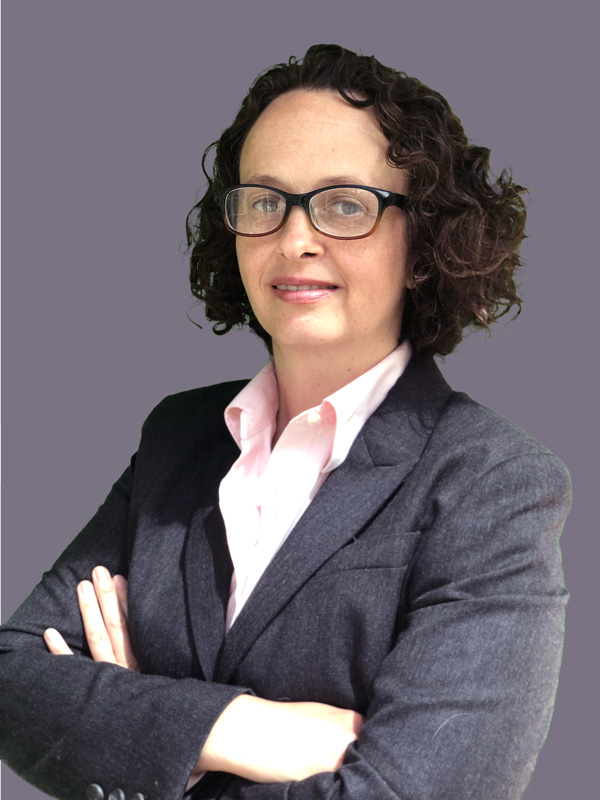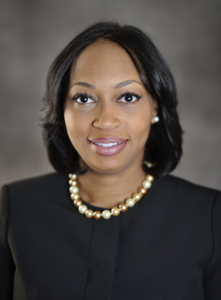 It is the time of year when professional women (and men) try to finish out the year at work. Reflecting upon and making meaning of an extraordinary year is no easy task as we look back at 2020. An executive coach can help you figure out what matters to you as we enter 2021. Flash forward a year from now, what story do you want to be telling about how your 2021 went? Achieve what you want professionally next year!
It is the time of year when professional women (and men) try to finish out the year at work. Reflecting upon and making meaning of an extraordinary year is no easy task as we look back at 2020. An executive coach can help you figure out what matters to you as we enter 2021. Flash forward a year from now, what story do you want to be telling about how your 2021 went? Achieve what you want professionally next year!
Working with a coach is a great way to accurately goal set and get clarity and not just rely on hope as a strategy. Executive coaching helps you behaviorally align to achieve what you want, no matter what 2021 throws our way. Self- efficacy is a pretty interesting topic at a time when productivity hacks are definitely top of mind.
Promotion or Just a Better Version of Yourself?
Whether it is promotion, advancement, enjoyment, renewal, growth or balance and boundaries at work, most people have some thoughts about how they want 2021 to play out. Coaching is a process but it is also very much a relationship between coach and ‘coachee’. It can be very intimate in the sense that both the coach and the client has to show up with honesty and vulnerability. Curiosity is important , but not for curiosity’s sake but rather to truly evoke true insights that the client can experience to help them further their leadership or career journey. Sometimes people know the questions and answers consciously and just need help with options. Sometimes people may not know the questions or answers that they need to solve for their challenges or mindset.
The What, The Why, The How and The When
Everyone who comes to coaching knows they want to change something. Or at the very least, the know they want to be a better version of their current selves at work, as a leader or an aspiring leader. Figuring out what you want to achieve, defining it and making sure it is really want you want is cemented by checking in on the ‘why’ you want it. This way we tap into understanding your motivation so we can leverage that to make it actually happen. Are you committed? If not, let’s find out why! And, find out what you really want.
The best way to succeed in 2021 is to clear the life long mental debris, and surface any lingering competing agendas that hunker down in your subconscious and tell you things like you don’t have time or you aren’t good enough which stops you from going after your goals.
More often than not, the subconscious sometimes heard in self-talk, drives the bus, so goal setting is futile if behaviors are not aligning with achieving those goals and your brain tricks you into rationalizing it all that everything is as it should be. Literally, coaching work we do here at theglasshammer is based on a methodology developed at Columbia university and further developed by our head coach. It encompasses adult learning theory, developmental psychology and our immunity to change, neuroscience, behavioral science, social or individual/organizational psychology known as I/O psychology and psycho-dynamic theory around groups and how they operate. In plain english? It boils down to two things:
- Fear, shame or esteem issues might be sitting hidden in your subconscious paralyzing you from being your greatest version of your professional self.
- Sometimes it is not about, the systems and dynamics are dysfunctional and you are bearing the brunt of it in your role mostly. Also sometimes also there are traits in your identity or personality that accentuate issues or make you take up a role like the person who calls it for example.
In coaching, the co-creation of the “how to” begins with a serious look at context, where do you work and what are the organizational norms as these do vary depending on the team and workplace. How does work get done? What is rewarded and what gets tolerated that should be?
Coaching Leaders in Real Life
If you are a leader who struggles with followership after a very successful career built on getting things done, then it is a matter of looking at how work gets done around you.
EQ is about adapting. So, if despite your technical competence and generally mastery of skills, you just cannot get people onboard with the plan the way you want to see it executed, you may be left scratching your head.
Chances are you are not hearing people around you when they explicitly or infer things to you about the project and how they see their role in it. Not listening to feedback, everyday conversations, observations on how people act and react is probably part of what is going on there.
When talking about feedback, I am not referring to the once per year performance formal feedback review. The answers are always in front of you, even in passive aggressive “covert process” type teams and organizations where people seem to say yes but do what they want anyway.
Maybe, you are a manager whose peers and managers do not think you are ready for the next step. Again, what are you missing here? Is it a behavior of yours? Is it something you are or are not doing? What should you do more of, less of and maybe stop or start doing?
If you are a leader who needs to internalize that leadership identity, chances are you have “imposter syndrome” and you might be working very hard in the same way as you always have. Often people who have these tendencies of being “insecure overachievers” do not realize that the behaviors of large amounts of quality work output that got them so far, is not what is going to take them to the higher echelons of company management. Authenticity comes into play here as they struggle to shift identities as fear dictates so much around losing the identity of being the expert.
Cognitive understanding of what you need to do is one thing, behavioral change is another and it is very hard to do. That is where a good coach can come in to help you look at your options. Caveat emptor, buyer beware, there are millions of coaches out there as the industry is under-regulated, feel out the fit with a chemistry meet and ask for their methods and see if they are certified by the ICF at PCC level.
What should you expect? After a time, some people can start to reflect not just on action but in action and make behavioral choices in the meeting live time no longer beholden to the old ways that were not longer working for them. Real strategic insights and executive muscle can be built.
You get to be in the movie and watch the movie at the same time. Who wouldn’t want that?
To book an exploratory call with Nicki our founder and Head Coach select a time below

